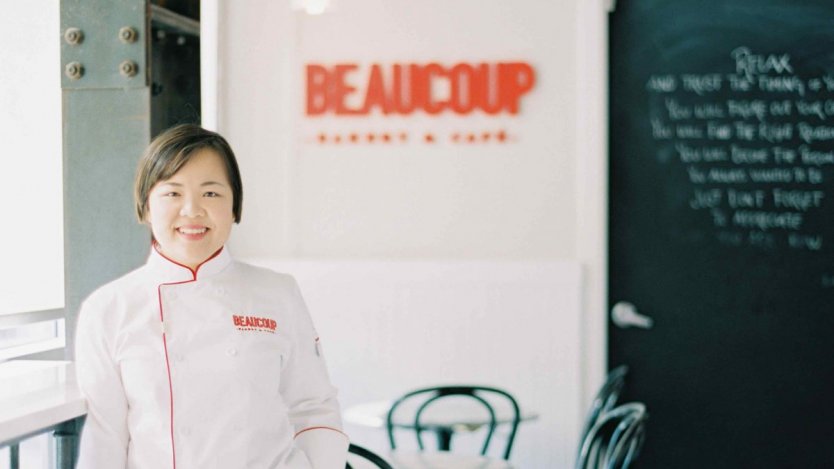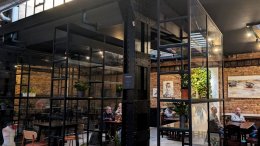This week, we carry on with our pandemic-related anniversary series. It feels so timely to be retrospective by sharing insight from culinary entrepreneurs, chefs and other hospitality professionals across the country in regards to the permanent effects of COVID-19 on the Canadian foodservice industry.
From an award-winning Vancouver chef and restaurateur to a Winnipeg-born chef who spent time running a restaurant in London in 2020 before returning home, here are some industry thoughts on how the pandemic has forever changed our country's food and drink scene.
Do you think restaurants have been unfairly treated in terms of having more pandemic-related restrictions compared to other businesses?
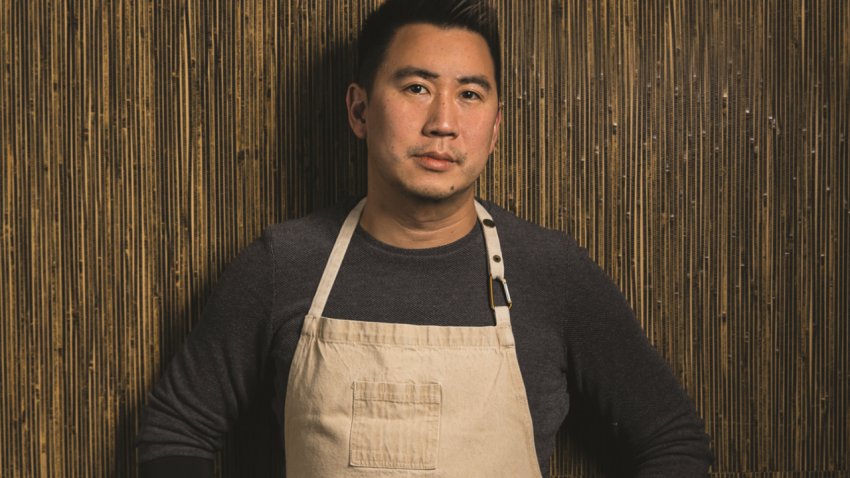
"This is a difficult question. Health, safety and saving lives are a big priority for our society. The restrictions that currently remain in place for in person dining are strict and will continue to challenge the recovery of the restaurant industry. A season shift to outdoor dining and a wide range of mitigation factors, adherence to existing covid protocols and more vaccinations will help for us all to move forward. Support to the industry from government, in the form of wage and rent subsidies, have been a lifeline." - Sal Howell of Calgary's Deane House and River Cafe.
"[I don't think so], but we are in B.C. and I empathize with my friends and colleagues in [cities like] Toronto and Montreal where they aren’t able to do as much as us. I do remind everyone that this is a global pandemic and we all need to do our part to stop the spread. I feel bad for all the businesses and sectors affected, but I don’t think the restaurant industry has been treated unfairly." - Vancouver chef and restaurateur Angus An.

"I don't think that the government has dealt with the hospitality industry closures well at all. The majority of products being sold in any restaurant are perishable. We all lost so much money and time being shut down with such short notice and now they just seem to expect us to reopen our doors with a few days notice. Winnipeg restaurants were first allowed to reopen with 25 per cent capacity with next-to-no notice at all–and for the weekend of Valentine's Day of all times. So many places had already pre-sold special Valentine's Day dinner packages by this point and could not reopen for in-house dining even if they wanted to...The majority of owners would have explained that operating at 25 per cent or even 50 per cent capacity is such a high-risk endeavour for any small food service establishment. For most, it made sense to remain closed and continue on with offering pick up and delivery only." - Michael Robins, former executive chef of Pigdin London and Winnipeg's Sous Sol.
What are your hopes for the Canadian hospitality industry by the end of 2021?
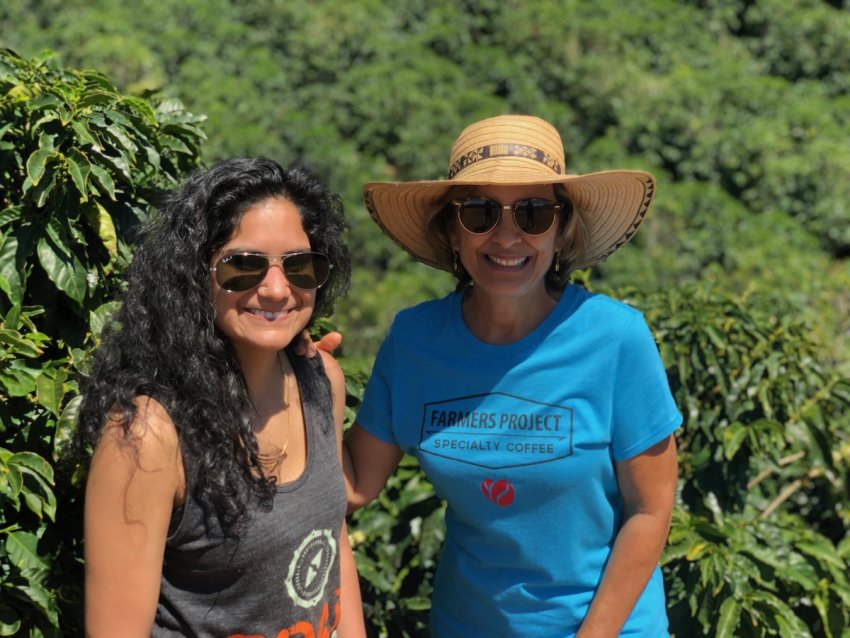
"My hopes are that individual owners and groups will have found ways to adapt to our changing world. Things will never fully go back to how they were, and operating on paper-thin budgets is not a sustainable business model; finding new avenues to drive business will be essential." - Alisha Esmail, owner of Saskatoon's Road Coffee Co.
"My hopes for the Canadin restaurant community by the end of 2021 is simply to bounce back. Many people have opened small businesses like myself that are geared towards providing restaurant quality food at home and popups in safe dining environments. We read articles with quotes like "will restaurants ever recover?" Of course we will, we are resilient and are trained to adapt. It's not going to be easy and we may lose a lot of great spots but we will always bounce back. This is not a permanent reality and in time I know we will see more restaurants here than ever." - Michael Robins, former executive chef of Pigdin London and Winnipeg's Sous Sol.
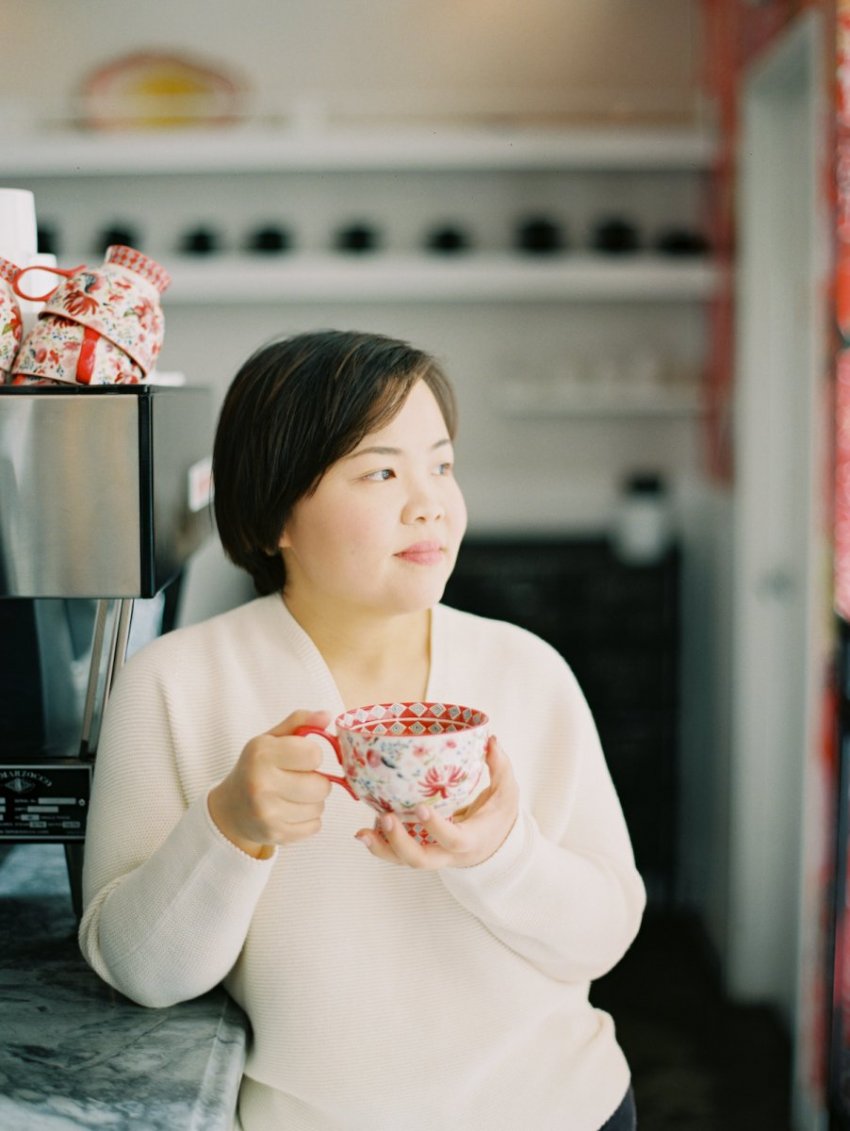
"I hope that 2021 will bring lots of positive changes to the Canadian restaurant community. I believe we will come back stronger, especially after these tumultuous times." - Chef Betty Hung of Vancouver's Beaucoup Bakery.
How do you feel about operating your restaurant concepts while the pandemic is still ongoing?
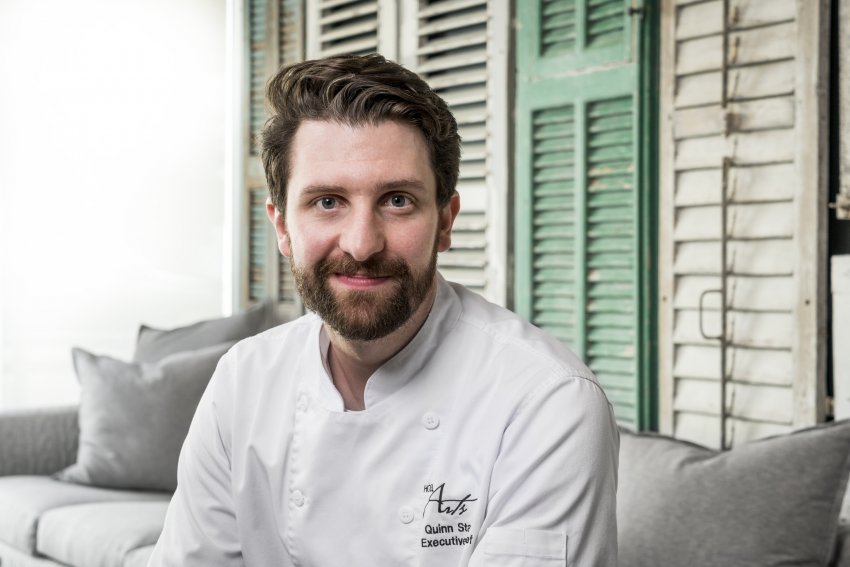
"Our general manager Mark Wilson and staff have worked extremely hard to remain a full service hotel throughout the pandemic. Although we may have reduced the amount of offerings [the hotel group offers] we have remained committed to making sure that we are [living up to the reputation that] Hotel Arts is known for. We’ve been able to offer our fresh and delicious meal experiences as in-room meals when the restaurants have had to close and continued to offer a wide variety of amenities that guests can look forward to when booking an 'All Inclusive' package. We haven’t been able to bring back all our staff members, but we have been striving to make sure their absences are not felt or noticed by our guests." - Calgary's Quinn Staple, executive chef of Hotel Arts Group.
"[Our feelings are] mixed. We are extremely grateful to have a community of loyal customers who continued to support us throughout the pandemic. At the same time we need to be very careful about our operation with PPE and safety concerns in mind while trying to stay afloat." - Chef Betty Hung of Vancouver's Beaucoup Bakery.

"We’re grateful for the opportunity to continue to work during the pandemic, because it was in a lower capacity, it was safe and low-risk. We’ve been interacting with individuals [but mostly have adjusted to] a curbside pick-up model." - Alisha Esmail, owner of Saskatoon's Road Coffee Co.
Has the pandemic fundamentally changed how you approach doing business?
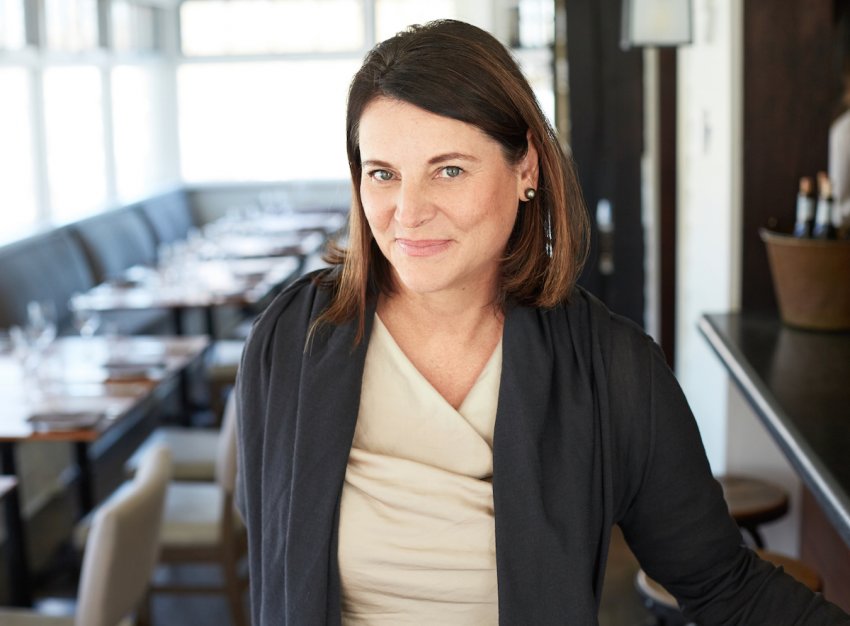
“The pandemic exposed many vulnerabilities in our business. Our business was entirely based on an experience, on site, in a specific location–i.e., a dining experience in a seated restaurant. The unique locations of our two restaurants, getting there, being there, are all part of the experience in addition to the food and beverage we provide. The pandemic completely eliminated the possibility of this experience. Take-out was never a part of our business model and the challenge for us was how to take our dining experience to the guest without the location.
“We created a ‘Dinner in your Home’ program–a fully prepped dinner package of mostly ready-to-heat ingredients to finish in your home kitchen. We tried to incorporate many thoughtful details to experience a chef-prepared meal in the comfort of your home on your own schedule. Details on the finishing, video instruction, tips, wine suggestions, cocktails kits were all part of the package options. We recognized that we were known for special occasions and we built around that demand to provide an opportunity for guests to celebrate at home with a special meal and offered details like flowers, cards, chocolates and beverage pairings. Packages were picked up curb-side or by a third-party delivery service.” - Sal Howell of Calgary’s Deane House and River Cafe.
"At this point I have not determined if the changes [we have made] will be permanent, but we have shifted our focus more on takeout and prepared take-home foods. We started doing packaged curries for Maenam during the pandemic, which will likely continue. We didn’t do takeout at Fat Mao prior to the pandemic but it is now a big part of our business and I see it continuing." - Angus An of Vancouver's Maenam, Freebird and Fat Mao.
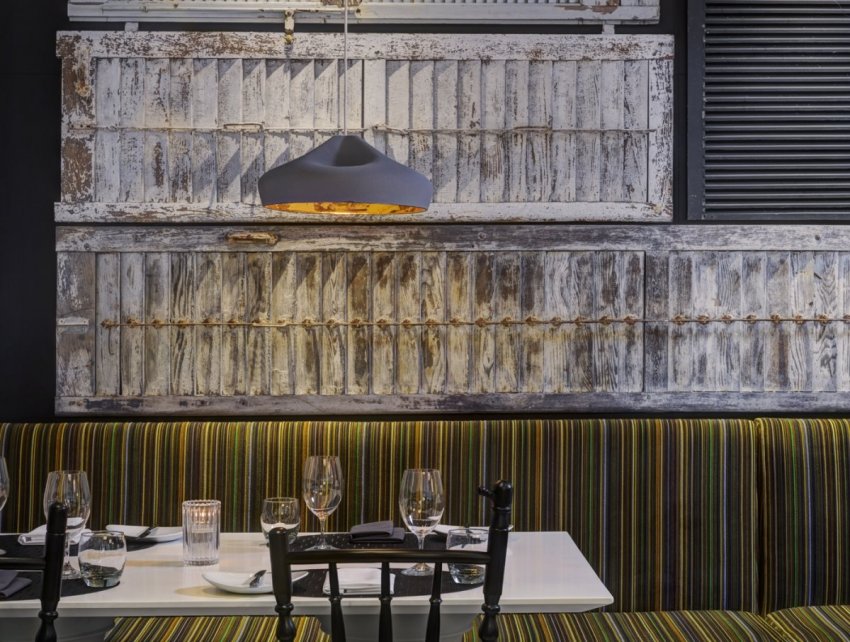
"The lack of tourism has drastically affected our staffing levels and hours of operation, like most other businesses. Although our restaurants are well-loved by locals and visitors alike, the gap in patrons during the week for breakfast and dinner–that would typically be filled by our hotel guests–has been significant. We have had to shift from a full service restaurant–open all day for the convenience of our Hotel Guests–to reduced hours and offerings due to the significant drop in hotel occupancy. These reduced restaurant hours have a ripple effect through our hotel offerings, such as room service, due reduced staffing levels.
"With the blend of hotel and local patrons, we have been able to keep Yellow Door Bistro open for in-person dining. However, we have had to temporarily close Raw Bar at Hotel Arts as well as Oxbow in Hotel Arts Kensington." - Calgary's Quinn Staple, executive chef of Hotel Arts Group.

